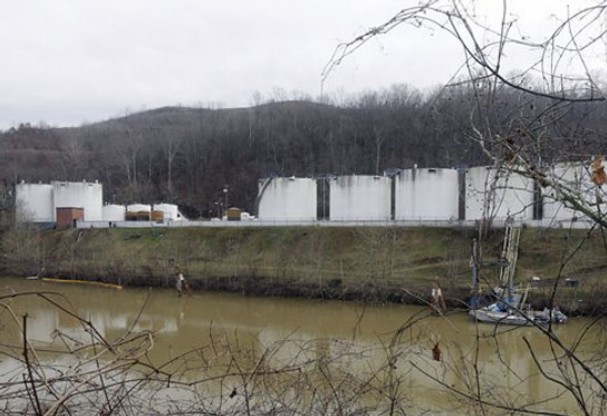I was asked a couple deep environmental questions while teaching a recent RCRA hazardous waste course. I usually just get questions on topic. The students often don’t get engaged until I tell them a tragic environmental story or two. As an instructor, I love these deeper discussions, enjoy creating an environment to cultivate these discussions, and let the class go at it. They take much more away from the class by having these discussions than if we just discussed the nuts and bolts of RCRA.
The recent West Virginia methylcyclohexane spill was the first one. I presented the topic to discuss the hazards of methylcyclohexane, in context to cross reference their own hazards. One student brought up that the facility had not been inspected since 1991. Now we’ve entered the deep end. The class exploded with their debate on why.
Their first thought is that the company was bribing the regulators and inspectors. The other ideas included, lack of funds by regulatory agencies, bumbling government agencies, the state doesn’t care because the money from the coal business is big business, or the company didn’t do their own checks because the money was flowing in. They’re all correct. Maybe not specifically to this incident, but most environmental incidents can be connected to one or more of these.
The second one comes up more often and it surprises me that it’s such a hot topic for people. It’s the use and proper disposal of compact fluorescent bulbs. It starts with complaints that the government is regulating the type of bulbs they can purchase. Then we go deeper into the pros and cons of reduced energy use and costs versus the disposal of mercury containing bulbs. It usually goes deeper into whether the disposal of mercury into our landfills justifies the reduced greenhouse gasses. I like it when they get upset with me for not having the answer.
A one-day RCRA class isn’t going to have the answers, because there isn’t a solution to satisfy everyone. In fact, the class is often unsettled when they realize that the issue is even deeper than they originally thought. If you can find the perfect balance of science, technology, society, politics, money, and NIMBY, then you win.

